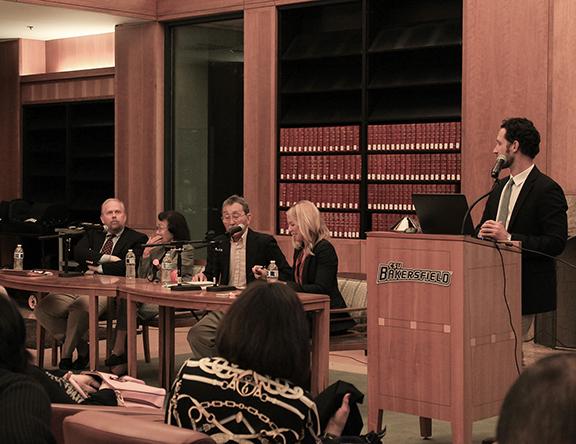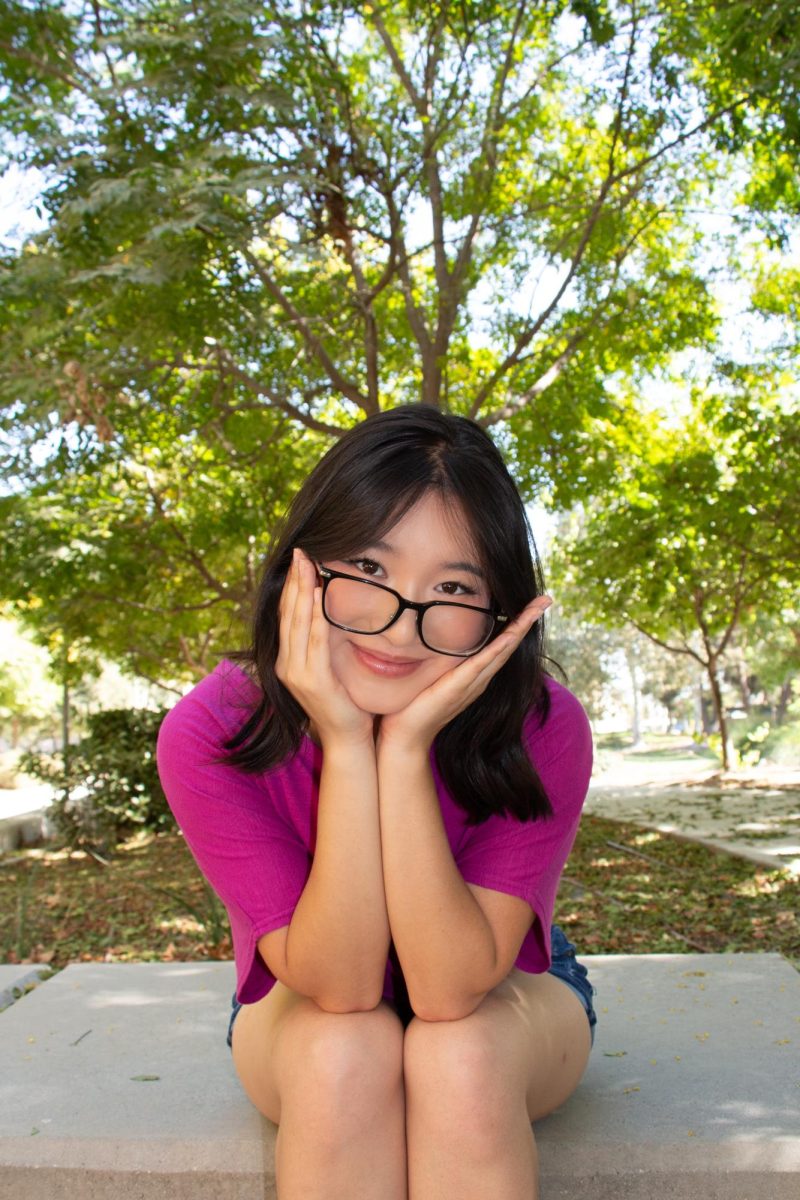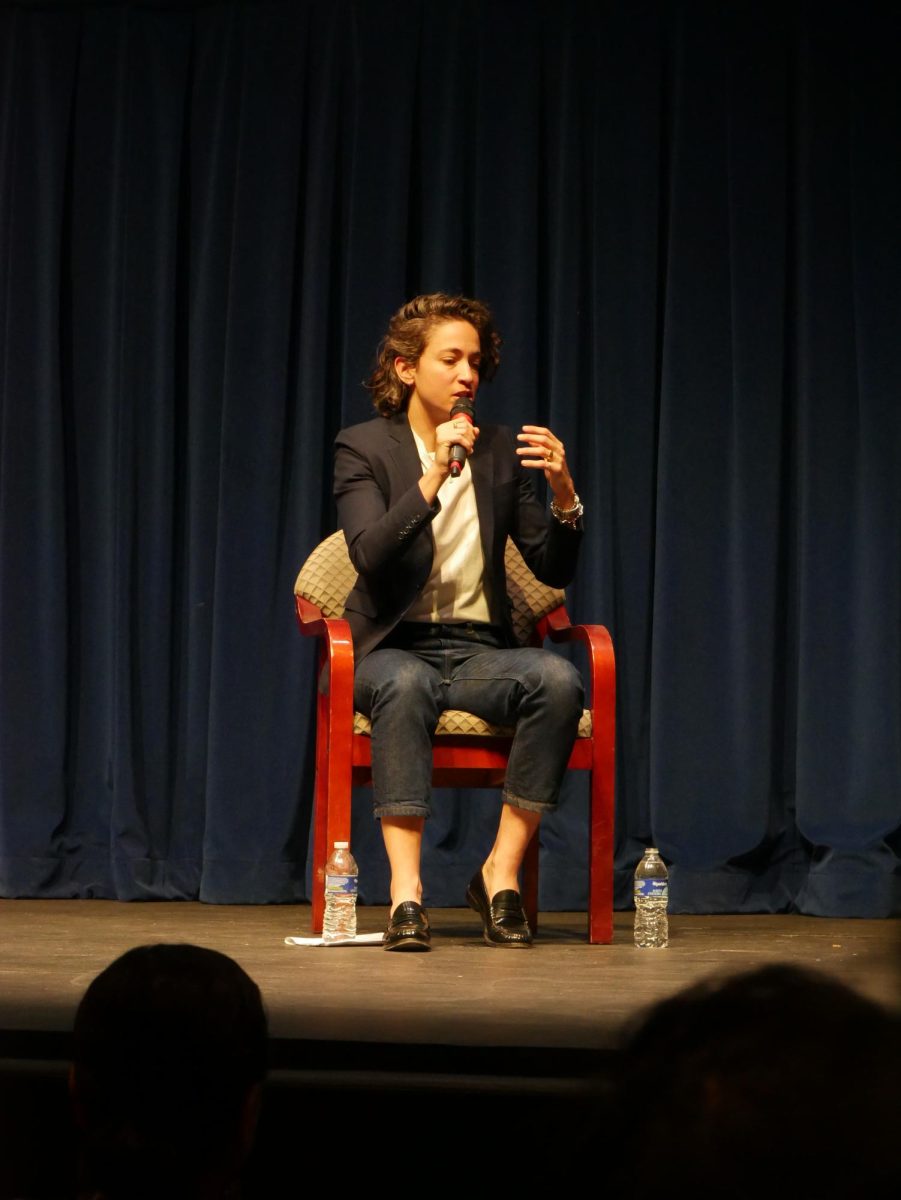By Christopher Sanchez
Reporter
The Kegley Institute of Ethics and Public History Institute hosted “Executive Order 9066: The History, Legacy, and Lessons of Japanese Internment” on Jan. 30 in the Dezember Reading Room at the Walter Stiern Library.
Dr. Michael Burroughs, director of the Kegley Institute of Ethics said they wanted to highlight an important historical event.
“We want to understand and to remember, but not forget the contemporary context in which we’re living and how issues of bias and racism can play into specific populations or other groups,” said Burroughs.
Executive order 9066 was signed on Feb. 19, 1942 by President Franklin D. Roosevelt. The former president feared acts of espionage and an attack on American soil. This executive order allowed the incarceration of Japanese Americans into concentration camps.
“When nations are under stress they often fetch for solutions, even when they’re not solutions,” said Miriam Raub Vivian, professor of history and director of Public History Institute. “They want to do something but they’re acting out of fear or ignorance.”
The action led to 120,000 Japanese Americans being detained.
The evening started with a screening of “Stand Up for Justice: The Ralph Lazo Story.”
Ralph Lazo, a 17-year-old Mexican American was the only non-Japanese American who volunteered to be relocated to the Manzanar internment camp in Inyo, California. Lazo volunteered in protest of his Japanese friends being “evacuated” to the internment camps. He stayed at the camp for a year before he joined the army.
Ken Hooper, President of the Kern County Historical Society interviewed Mary Higashi, a Bakersfield College student who was forced to relocate to the Poston, Arizona camp 11 days before graduating.
Higashi spoke of her life at the internment camp and how she forgave what happened.
“If I hung onto that anger and hostility I wouldn’t have been able to have a good life,” said Higashi.
“Mary’s testimony spoke to me the most,” said Salmo Contreras, criminal justice major. “It was profound how Mary could forgive them after all she went through.”
Dr. Isao Fujimoto, a former camp internee and emeritus from UC Davis spoke about his time at the internment camps.
“You need resilience, community, hope, and spiritual bearing. You have struggles, but it is important to get back up again,” said Fujimoto.
By using the Buddhist teachings of the four noble truths and the teaching of the eightfold path, Fujimoto was able to bounce back.
“So much happened during WWII that you can forget something like this happened,” said senior and communications major Yanelie Ponce. “It’s a completely different experience when you see and hear their incredible stories in person than reading about the internment camps online.”
Dr. Douglas Dodd, historian of Modern U.S. History at CSU Bakersfield spoke about the history of laws and policies that led to the internment of the Japanese.
Laws didn’t allow Chinese and Japanese immigrants to become citizens or to own land. Other injustices included segregated schools and limited immigration to the United States.
Dr. Jeanine Kraybill, political scientist of Modern American Politics spoke on The “Othering” of Muslims in America: The 2016 Election and Executive Order.
“Terrorism was discussed in a fear-based fashion during the 2016 presidential election and with certain faith and religious groups,” said Kraybill.
Kraybill explained that people cope with terrorist threats by turning over control to a political actor whom they feel they can trust.
“Trump’s rhetoric regarding ‘extreme’ or ‘radical’ Islamic terrorism perpetuated an unfortunate stereotype of Muslims as violent and a source of terrorism in the United States,” said Kraybill.








